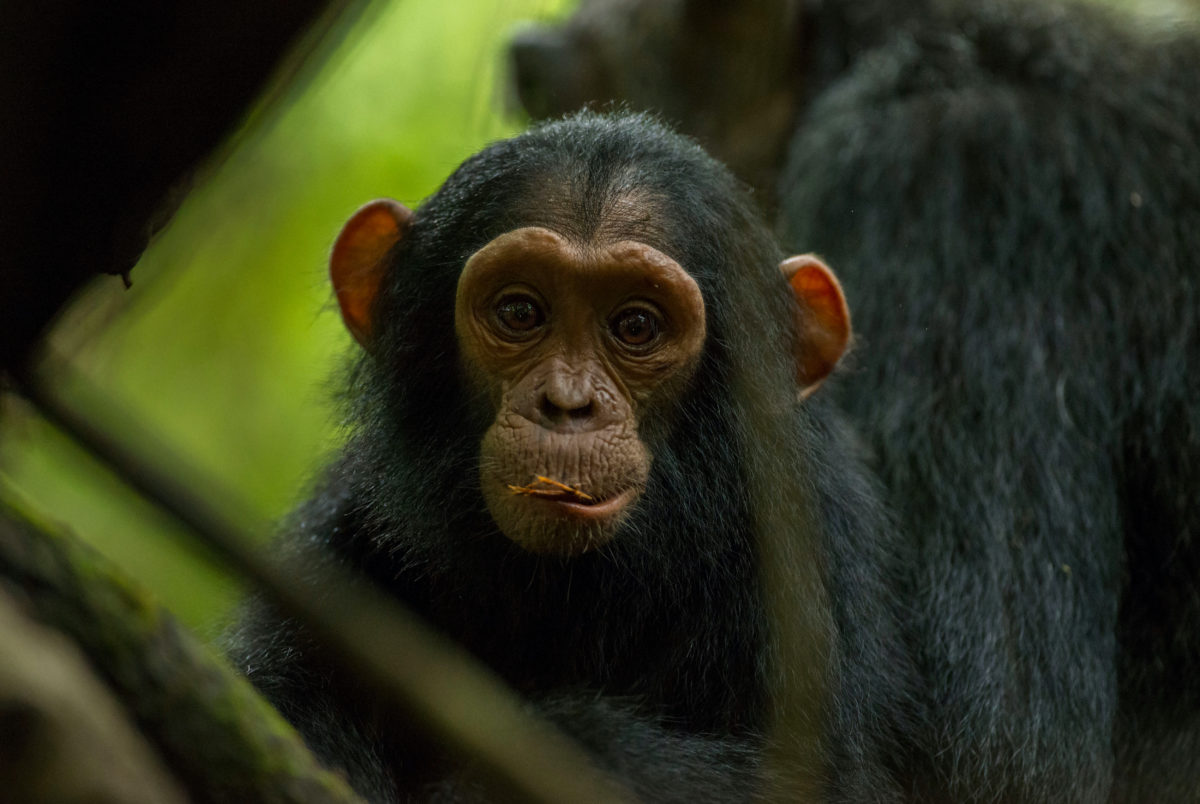In the past year, JRS awarded a special series of grants to address COVID-19 impacts in African parks. This support is to ensure biodiversity monitoring continues within protected areas that are threatened by revenue loss during the pandemic. JRS support is sustaining critical research in twelve protected areas across eight countries and we are pleased to highlight news from the field.
Our award to Frankfurt Zoological Society (FZS) is sustaining biodiversity research and monitoring activities for two years in three critical parks: Serengeti National Park and Mahale National Park in Tanzania, and Gonarezhou National Park in Zimbabwe.
In Serengeti National Park, funds are supporting biodiversity monitoring efforts focused on wildlife range behaviour and counts, invasive species, veterinary services, documenting disease, and unnatural wildlife deaths. Support has also facilitated the continuation of anti-poaching patrols to remove snares and disband poaching camps.
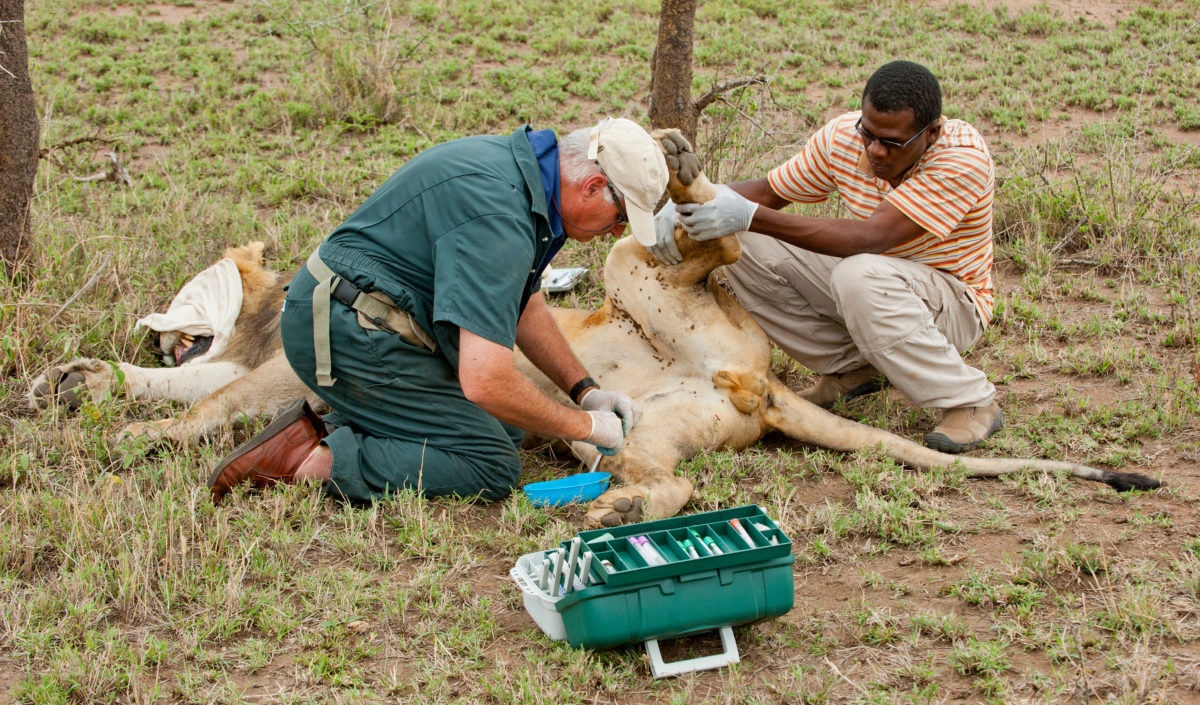
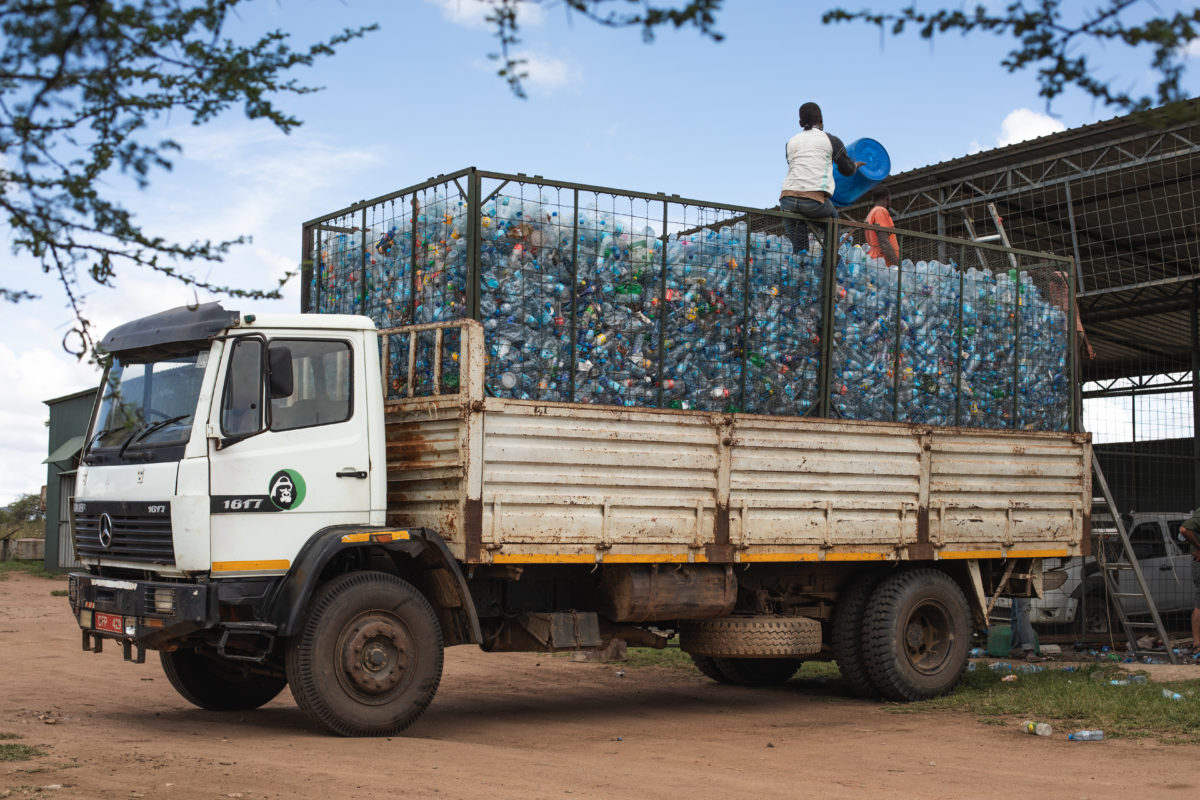
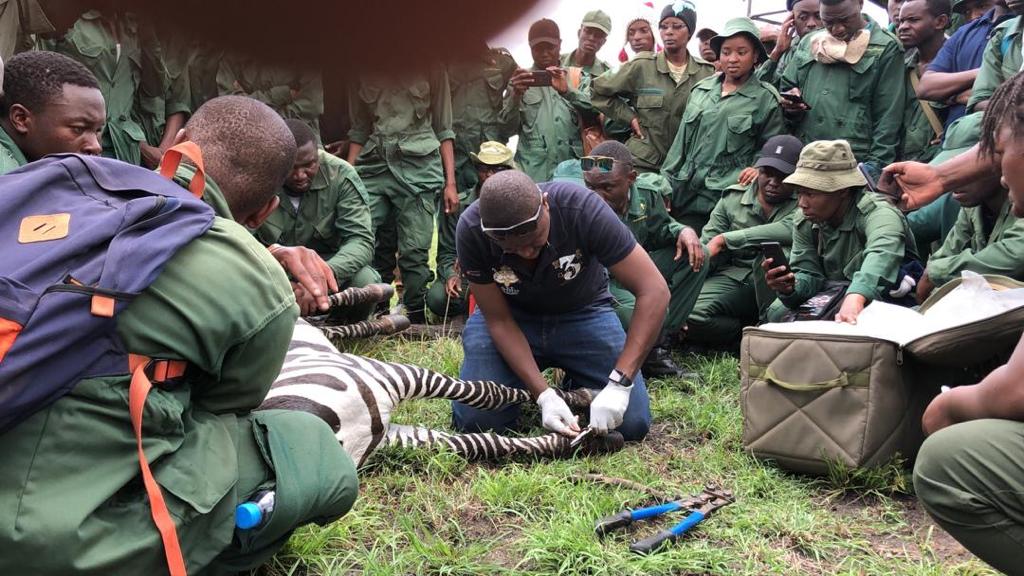
In Mahale National Park, JRS funds are supporting chimpanzee monitoring and invasive species monitoring and control. Rabies immunization clinics for dogs were also held in 12 villages surrounding the park, to prevent transmission to chimps and other wildlife. The park is home to one of the world’s largest populations of chimpanzees.
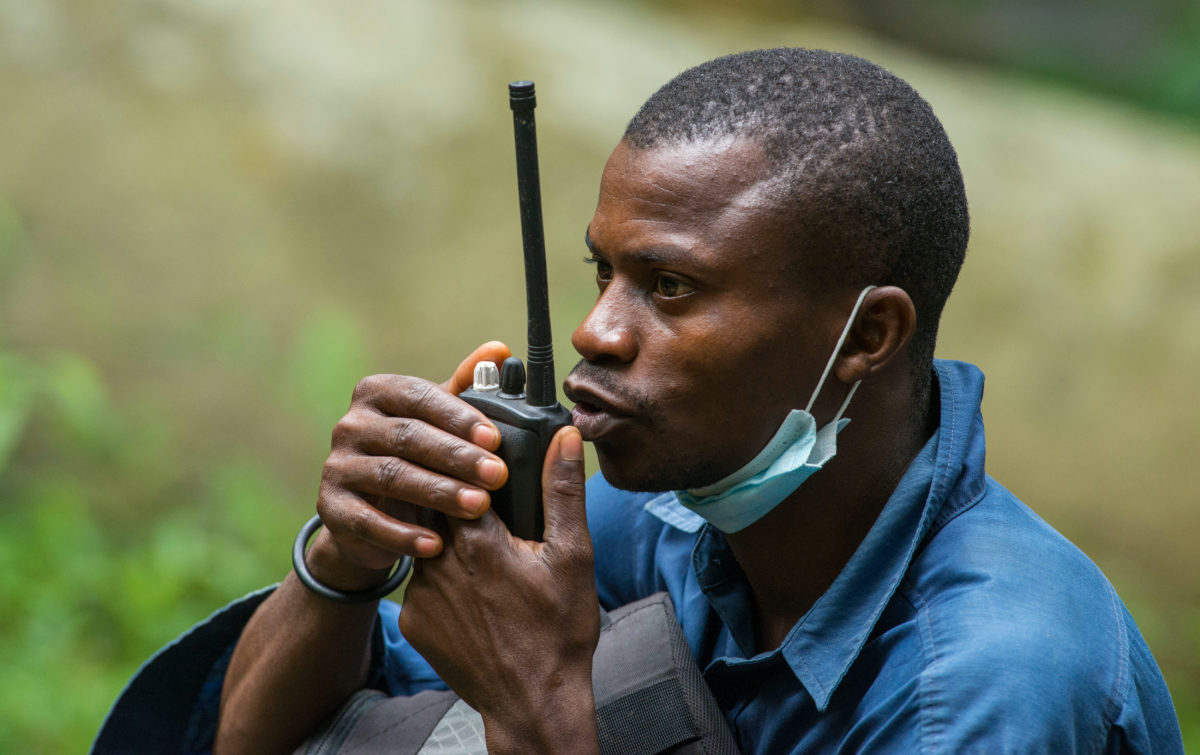
In Gonarezhou National Park, JRS funds are ensuring staffing and implementation of a monitoring framework for key wildlife. The Gonarezhou Predator Project (GPP), a research partnership between Gonarezhou Conservation Trust (GCT) and the African Wildlife Conservation Fund (AWCF), aims to determine the population dynamics and pride compositions of African lions in the park. This project recently launched a new survey to determine a precise population estimate of lions using various methods that include visitor sightings, camera traps, call-ups, and individual identification of lions. This data will also aid in the development of early warning systems to mitigate against human-lion conflict. With the oversight and guidance of the GCT Head of Research, a research assistant with the AWCF is currently based in the park implementing activities of this project with plans to develop a master’s project in the process.
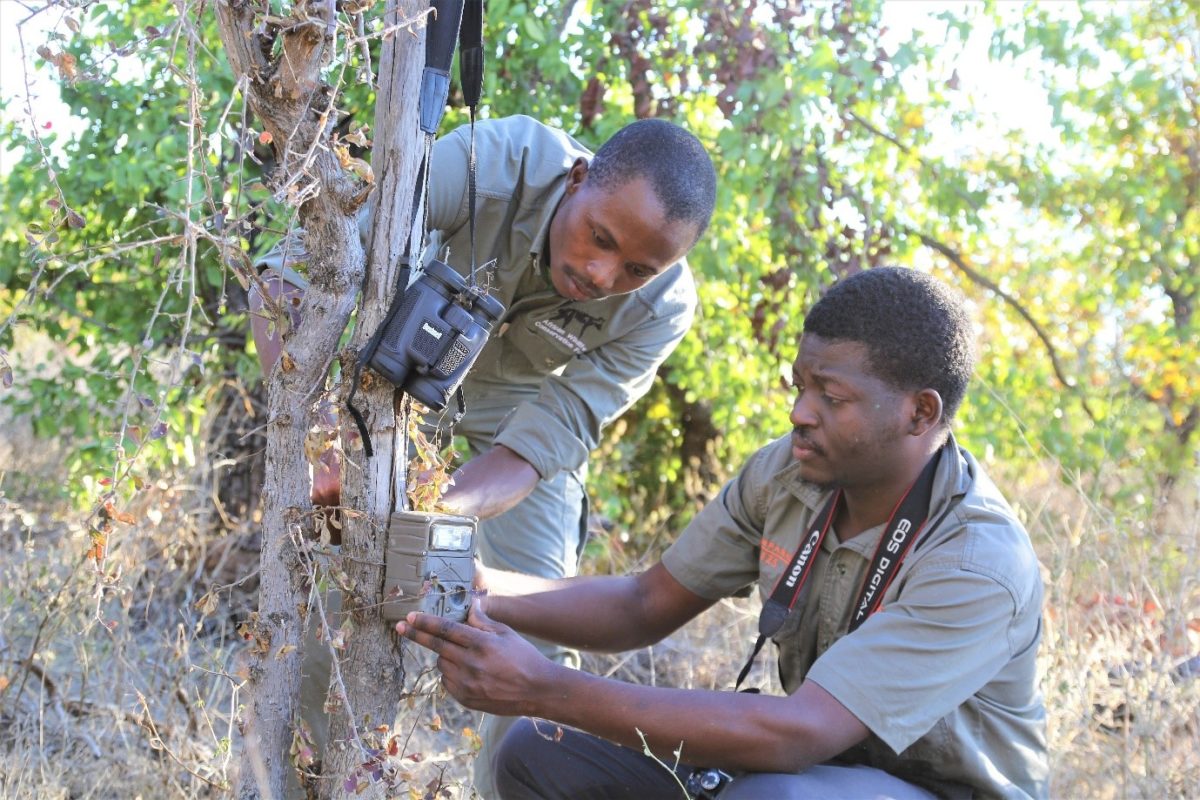
Our thoughts are with all our grantees as they continue crucial biodiversity conservation work while navigating the effects of the pandemic, and we look forward to sharing news and progress from other sites in coming months.

